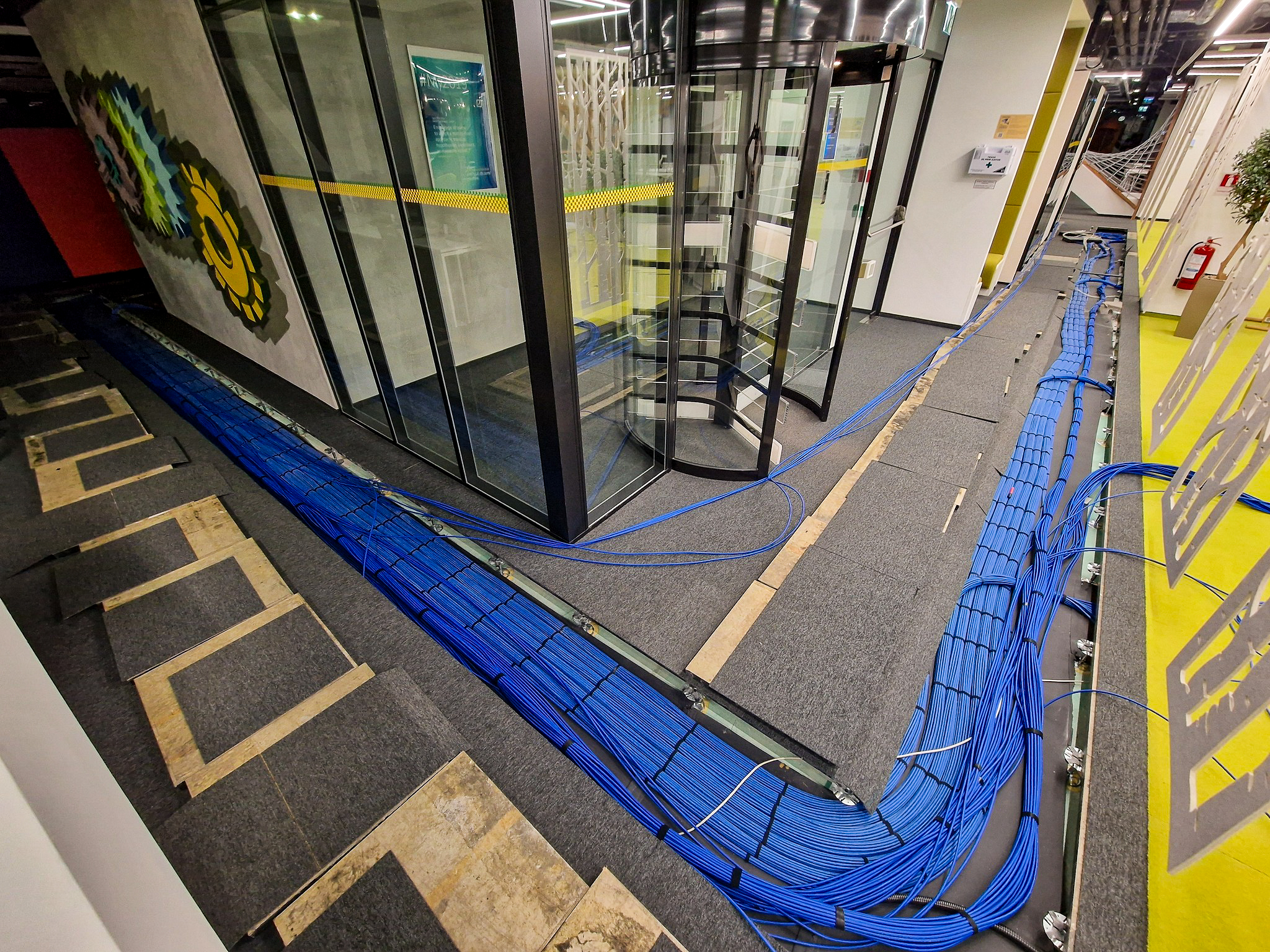Low Voltage License Connecticut
Join Low Voltage Nation — Find project opportunities and showcase your company to thousands of industry professionals
Complete guide to Connecticut low voltage licensing requirements and DCP regulations
Connecticut Low Voltage Contractor License Requirements
Connecticut requires specific licenses for low voltage work, with different categories for various systems.
License Categories
C-5 Limited Electrical Contractor License
This license covers low voltage systems including:
- Telecommunications systems (voice, data, video)
- Fire alarm systems
- Security and access control systems
- Sound systems
- Nurse call systems
- Systems operating at 100 volts or less
C-6 Limited Electrical Contractor License
This license is specifically for:
- Fire alarm systems only
- Installation, maintenance, and repair of fire detection and alarm systems
Licensing Requirements
Experience Requirements
- Minimum 4 years (8,000 hours) of practical experience in the trade
- Experience must be verified by current or former employers
- At least 2 years must be in a supervisory capacity
Examination
Applicants must pass:
- Trade knowledge examination specific to license category
- Business law examination
- Exams administered by PSI Services
Insurance and Bonding
- General liability insurance: $300,000 per occurrence, $300,000 aggregate
- No bond required for C-5 or C-6 licenses
Application Process
- Complete application form with $220 fee
- Submit proof of experience and employment verification
- Provide proof of insurance
- Pass required examinations
- Receive license upon approval
Registration vs. License
Important distinction in Connecticut:
- Registration: Required for businesses performing electrical work
- License: Required for individuals supervising electrical work
- A business must have at least one licensed individual to register
Continuing Education
- 4 hours of continuing education required annually
- Must be completed before license renewal
- Courses must be approved by the Department of Consumer Protection
Reciprocity
Connecticut offers limited reciprocity:
- May waive experience requirements for licensed contractors from other states
- Must still pass Connecticut examinations
- Evaluated on a case-by-case basis
Local Requirements
Many Connecticut municipalities require additional local permits or registrations, including:
- Hartford
- New Haven
- Stamford
- Bridgeport
- Waterbury
Always check with local building departments before starting work.
Resources
- Connecticut Department of Consumer Protection - Electrical Licensing
- Electrical Contractor License Application
- Connecticut General Statutes Chapter 393 - Electrical Work
This information is provided as a general guide. Requirements may change, and local jurisdictions may have additional regulations. Always verify current requirements with the Connecticut Department of Consumer Protection and local authorities before beginning work.
Tags
Related Articles
Low Voltage License Requirements by State
If you're planning on working with low voltage systems, you'll need to make sure you have the right licenses in place...

Catalin Dragan on the Low Voltage Nation Facebook Group
Low Voltage Project Kickoff Checklist
Interactive project kickoff checklist for low voltage contractors. Includes all essential pre-project items with printable format and export options for PDF and Excel.
What Low Voltage Integrators & Technicians Are Really Earning in 2025
Comprehensive salary guide for low voltage technicians, integrators, and project managers in 2025. Includes real market data, career progression paths, and regional variations across all specialization areas.